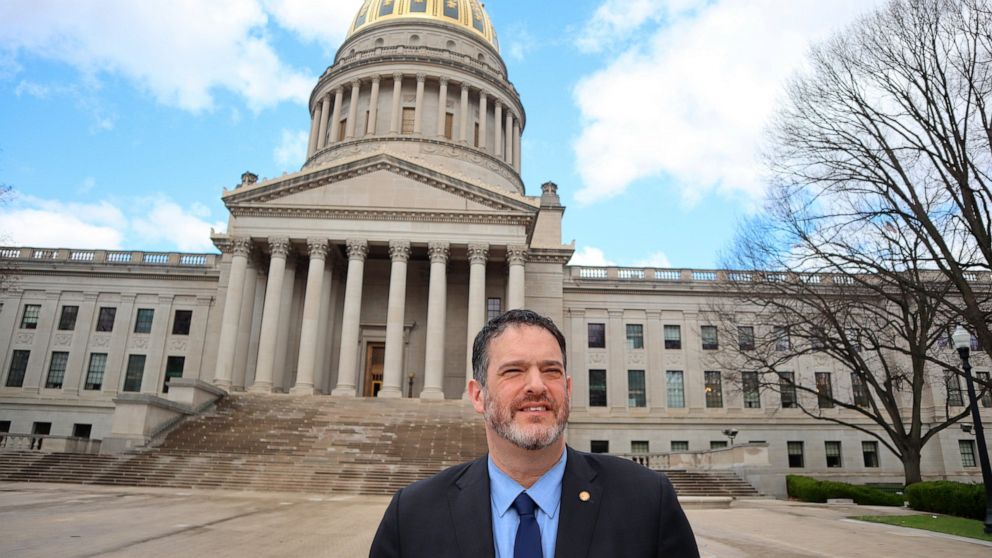CHARLESTON, W.Va. — After West Virginia’s Republican supermajority Legislature approved an abortion ban, the new leaders of the state Democratic Party urged voters to take their anger to the polls. But they didn’t match that push with a full slate of candidates.
With far fewer Democrats than Republicans in legislative races, the likelihood of winning enough seats to reverse the ban is small in this year’s election. Even where Democrats are running, the challenge is formidable as registered Republicans outnumber them in 35 of the state’s 55 counties.
With Republicans holding advantages of 23-11 in the state Senate and 78-22 in the state House, one-fourth of the races on the November ballot have no Democratic candidates. That’s much higher than the 15% of ballot spots that Democrats did not fill in the 2020 general election.
Filing deadlines for legislative races passed long before the abortion ban was enacted. The Democratic Party, which has been in freefall in the state for years, wasn’t able to recruit enough candidates to stay competitive even if public opinion shifted in its favor.
That doesn’t mean Democrats won’t try.
“We will organize, strategize, and mobilize,” Delegate Danielle Walker, the state party’s vice chairwoman, wrote on Twitter after the legislation passed Sept. 13. “A complete abortion ban in West V is unacceptable. Register to vote. Engage. Donate. Volunteer.”
The registration deadline is Oct. 18 for the Nov. 8 election, but bolstering voter rolls alone may not matter. The new voters need candidates to support.
“I think the Democrats are at a crossroads,” said Robert Rupp, a retired political history professor at West Virginia Wesleyan College. “Right now, they’re in a very weak position. And the question is, what is going to be their strategy to win back the state to like the times where they were once dominant?”
Democrats, who long ruled the state on the strength of their strong union presence and a clear identity as the party of working people, complained the 2020 redistricting further diluted their influence even more. Along with the elimination of multiple-member districts in the House of Delegates, that meant the GOP-dominated Eastern Panhandle gained two House seats for a total of 12. No Democrats are running in six of those races.
Traditional Democratic strongholds such as Charleston, Fairmont and Morgantown and the Northern Panhandle were divided to the GOP’s advantage.
“The Republican leadership in the…
Click Here to Read the Full Original Article at ABC News: Health…

